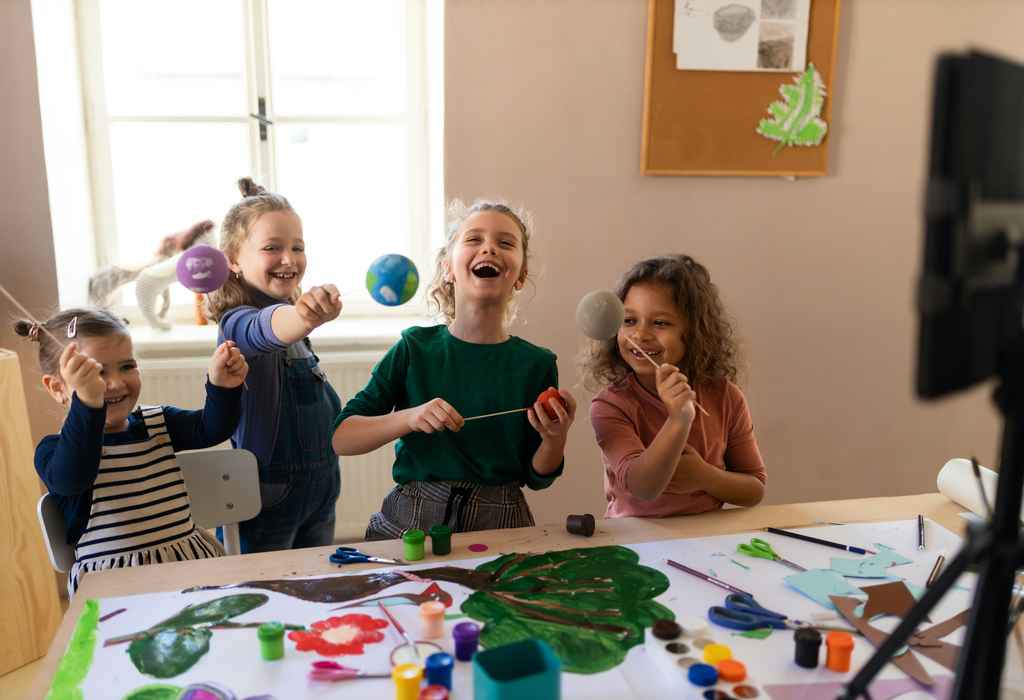M. (Manon) Toonen MEd
- Nieuwe Achtergracht 127
-
Postbus 15776
1001 NG Amsterdam
-
Profile
I am a PhD candidate in the Program Research on Educational Practice (POW) within the Research Institute of Child Development and Education (RICDE) at the University of Amsterdam. My doctoral research focuses on the affective relationship between students and teachers in vocational education and training (VET, known in Dutch as MBO). I conduct this research with support from the NWO Teacher Promotion Grant, under the supervision of Helma Koomen, Debora Roorda, and Inge Zweers.
In addition to my research, I work as a teacher at ROC van Twente, where I teach Dutch and mathematics to VET students. I am also actively involved in research group practorate Enhancing the Learning Process, led by practor Inge Zweers. This initiative focuses on strengthening pedagogical practices and student engagement in vocational education.
Throughout my work, I strive to bridge the gap between educational practice and academic research. I share my findings in various ways: through conversations with colleagues in VET, presentations, publications, and academic collaborations. By making insights from my research widely accessible, I aim to contribute to a deeper understanding of student-teacher relationships and to the ongoing development of vocational education.
Research expertise
- MBO / VET research
- Relationship quality in education
Other links
-
Research
Research methods
- Practice-oriented
- Psychometric analysis
- Factor analyses
- Intervention
Current research projects
My ongoing doctoral research focuses on the affective quality of student-teacher relationships in vocational education and training (VET). The premise is that these relationships play an important role in students' school functioning and teachers' well-being, and may even have a greater impact in VET than in other education sectors because of the specific characteristics of the target group and context. The research consists of three sub-studies.
In study 1, existing questionnaires from primary and secondary education - the Student-Teacher Relationship Scale (STRS) and the Student Perception of Affective Relationship with Teacher Scale (SPARTS) - will be adapted and validated for use in secondary education. This involves looking at reliability, construct validity and the possibility of developing abbreviated versions. The questionnaires measure three dimensions of the relationship: closeness, conflict and dependence (STRS) or negative expectations (SPARTS).
Study 2, in a longitudinal study, examines the effects of student-teacher relationships on student behavior, engagement, academic achievement and dropout rates, as well as teacher well-being and burnout symptoms.
Study 3 develops and evaluates a small-scale intervention aimed at improving the relationship between teachers and specific students. Teachers individually and in groups reflect on their relationships, develop an improvement plan and implement it over six weeks. Effects are examined through a pre- and post-measurement, with control groups inside and outside the classroom.
The study aims not only to generate scientific insights about the role of dyadic relationships in the VET, but also to provide practical tools for teachers to strengthen these relationships. In doing so, it contributes to reducing school dropout rates, improving student engagement and increasing teachers' job satisfaction.
Current cooperation
- ROC van Twente
- Helma Koomen
- Debora Roorda
- Inge Zweers
-
Teaching
I teach only at my other workplace ROC van Twente. There I work as a teacher-researcher. I teach at the College of Man and Health, especially generic subjects and provide study and internship guidance.
-
Publications
2024
- Toonen - van Hernen, M. (2024). Oog voor onderzoek: Practoraat versterken leerproces. Web publication or website https://rocvantwente.maglr.com/oog-voor-onderzoek-magazine-practoraat-versterken-leerproces/manon-longread-pagina
Talk / presentation
- Toonen-van Hernen, M. (invited speaker) (3-10-2024). Building trust: student-teacher relationship in mbo, MBO kwaliteitsnetwerk.
Others
- Toonen, M. (participant) (25-8-2025 - 29-8-2025). EARLI Conference 2025, Graz. A poster presentation about my first findings of my first study of my dissertation. (participating in a conference, workshop, ...).
- Toonen, M. (participant) (31-1-2024). Workshop studiedag ROC college Mens & Gezondheid, Hengelo. Workshop gegeven: Het hart van leren, wat kan de student-docentrelatie doen bij in het pedagogisch klimaat met mbo-studenten? (participating in a conference, workshop, ...).
- Toonen, M. (other) (11-9-2022). Student-teacher relationship in VET (vocational education and training) [Dutch] (other).
- Toonen, M. (other) (9-2022). Student-docentrelatie in het mbo (other).
This list of publications is extracted from the UvA-Current Research Information System. Questions? Ask the library or the Pure staff of your faculty / institute. Log in to Pure to edit your publications. Log in to Personal Page Publication Selection tool to manage the visibility of your publications on this list. -
Ancillary activities
-
ROC van Twente
Doceren en onderzoeksgroep.
-
ROC van Twente
